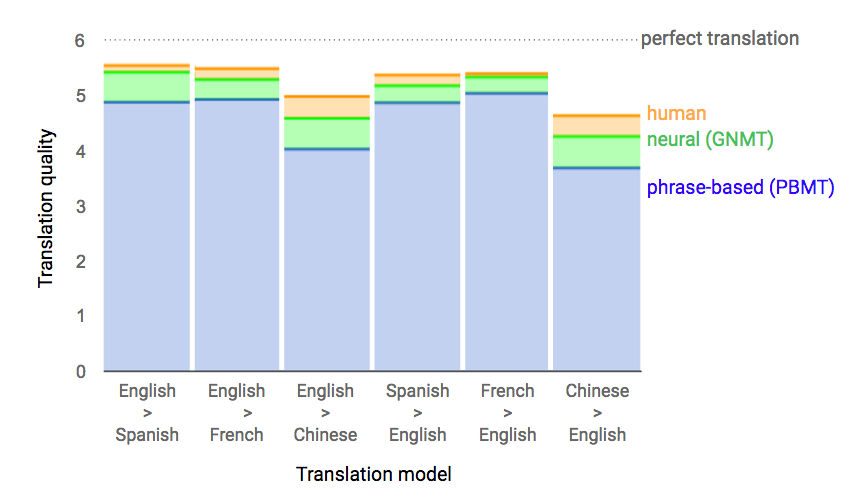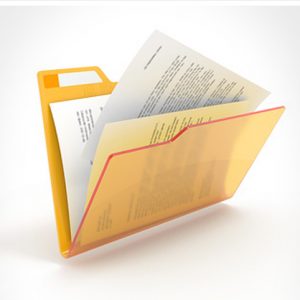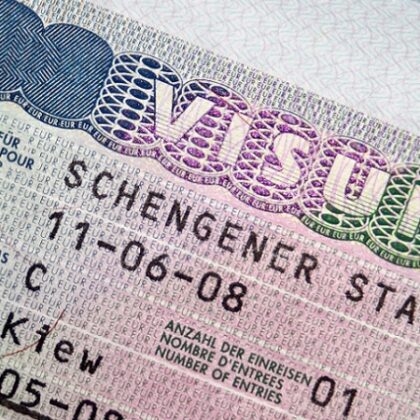Translating is a very difficult process. This is because each language is a unique way of viewing the world. People

often assume that if you can say something in one language, then you will be able to say exactly the same thing in another. This is exactly so because different languages are structured differently. There is often no “exact equivalent”. A language is a product of a country’s historical experience, its culture, its mindset, its beliefs.
Translating is therefore all about balance. A well-done model of the translation art strikes a balance between the need to remain faithful to the original and the demands of the “target” language.
We believe that translating is a process, involving the collaboration of experts in the “source” and “target” languages.
Our translators maintain scrupulously high standards. All are either educated or have attended other elite universities and colleges in the UK or abroad. All are specialists in their area of expertise, covering a comprehensive range of specialist fields, from Chemical Engineering, Molecular Biochemistry, Medicine and IT, through Law, Social Work, Economic Theory and International Development, to Architecture, History and Literary Studies. Many are engaged in research; some already have a Ph.D. and are doing post-doctoral work. Many of our linguists have additional professional qualifications in legal, medical and Public Service translation. Our translators are first-class linguists: they know what language is, what it means and how it works.
This amazing variety of experts which we have makes it a lot easier for us to choose two which will be not only specialists in the area which you demand, but also they will be able to devote their time and energy to the job they are assigned to do. After all, it is not as important to have hundreds of translators as it is to choose the best among them! Therefore, our team leaders keep to strict instructions when choosing the best of the best for your job.





